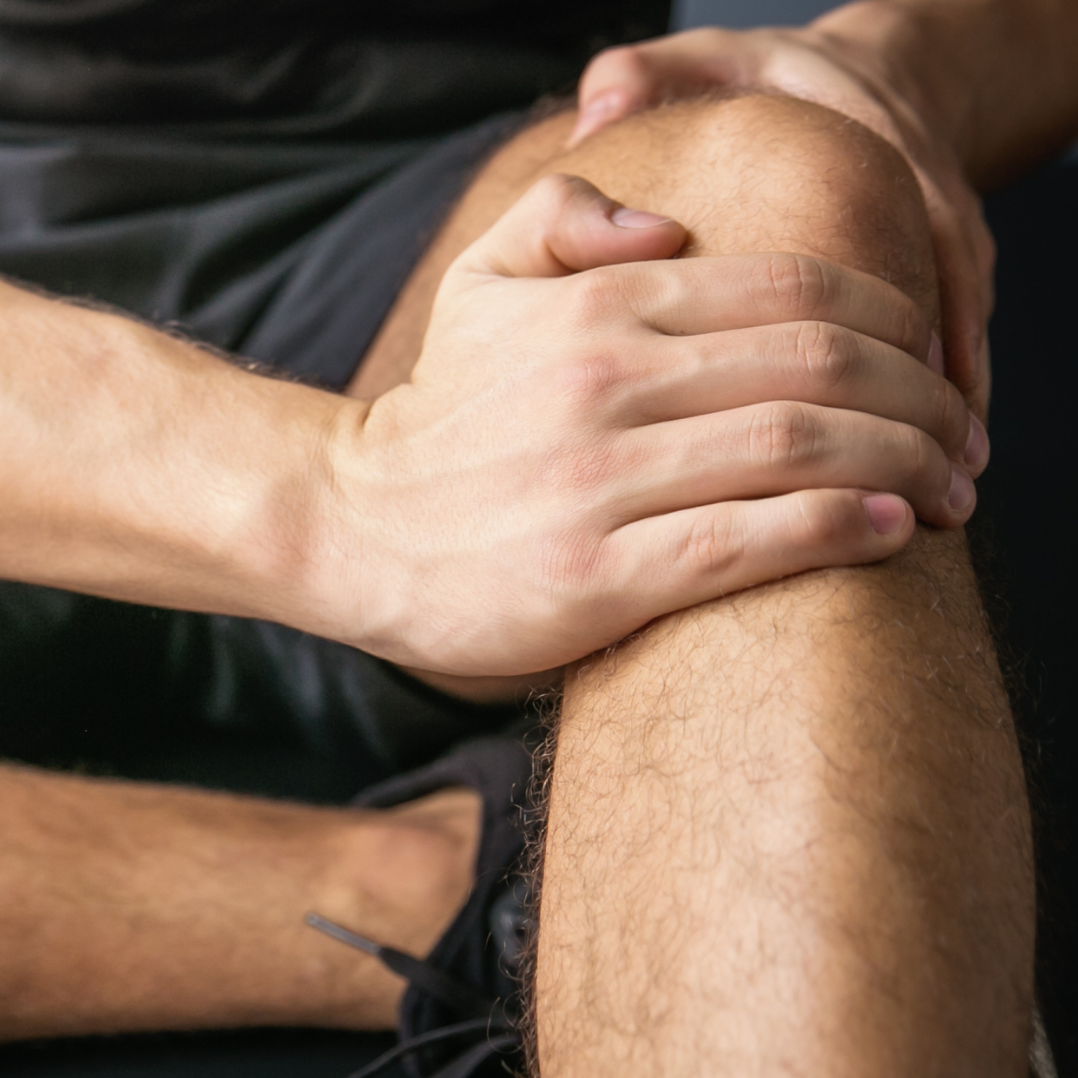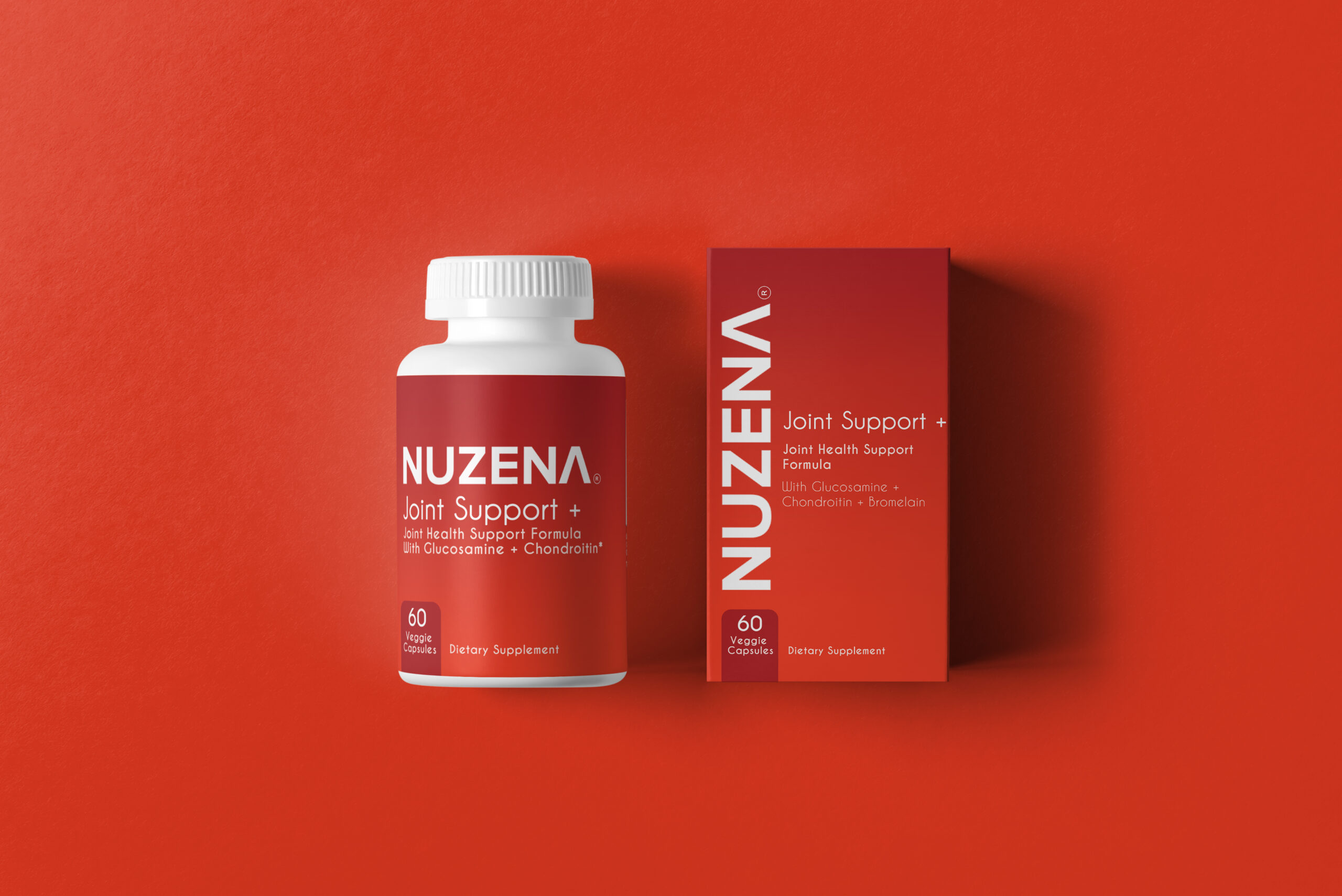
The Importance of Joint Health as You Age and How to Maintain It
Understanding how to keep joints healthy as we age is essential for overall health and mobility. As we get older, our joints become more susceptible to wear and tear, and taking care of them can help prevent conditions such as arthritis. Joints play a vital role in our ability to perform daily activities, and maintaining their health is crucial for maintaining an active and independent lifestyle. In this article, we will provide various tips and strategies on how to keep joints healthy as you age, including exercise, nutrition, and lifestyle changes. By implementing these tips, you can ensure that your joints stay healthy and strong, allowing you to enjoy a fulfilling life.

Habits To Maintain Healthy Joints As You Grow Older – Regular Exercise Can Help Keep Joints Healthy
Regular exercise is crucial for maintaining good joint health. By engaging in physical activity, the joints become more flexible and less prone to stiffness and pain. Exercise also helps strengthen the muscles that support the joints, reducing the risk of injury and wear and tear.
Low-impact exercises such as walking, cycling, and swimming are particularly effective in promoting joint health as they put less stress on the joints. Stretching exercises, yoga, and pilates can also be beneficial in keeping joints supple and improving flexibility.
It’s essential to consult with a healthcare professional before starting any exercise program, especially if you have existing joint problems or pain. By incorporating regular exercise into your routine, you can help maintain healthy joints and improve your overall quality of life.

Maintain A Healthy Weight
Excess weight can put a significant strain on your joints, leading to increased pain and discomfort. A healthy weight must be maintained if you want to lower your risk of developing joint issues and improve your general health. To achieve and maintain a healthy weight, it’s important to engage in regular exercise and consume a balanced diet that includes plenty of fruits, vegetables, and whole grains. Additionally, you can limit your intake of processed and high-calorie foods and monitor your portion sizes. By making these lifestyle changes, you can reduce stress on your joints and improve joint health for the long term.

Eat A Balanced Diet
Eating a well-balanced diet rich in certain nutrients can help support joint health. One important nutrient for joint health is omega-3 fatty acids, which have anti-inflammatory properties that can help reduce joint pain and stiffness. Foods high in omega-3 fatty acids include fatty fish like salmon, mackerel, and tuna, as well as chia seeds, flaxseeds, and walnuts. Another important nutrient is vitamin C, which is essential for the production of collagen, a key component of joint cartilage. Foods high in vitamin C include citrus fruits, strawberries, kiwi, and broccoli.
Approaches For Protecting Joint Function In Later Life
Joint support supplements and a healthy diet can work together to promote joint health and reduce the risk of joint-related problems. Joint support supplements, such as glucosamine and chondroitin, can help reduce inflammation and provide necessary nutrients for joint health.
Practices For Promoting Joint Wellness And Longevity In Older Age
In addition to omega-3 fatty acids and vitamin C, other nutrients that can support joint health include vitamin D, calcium, and magnesium. Vitamin D helps the body absorb calcium, which is important for strong bones and healthy joints. Foods high in vitamin D include fatty fish, egg yolks, and fortified dairy products. Calcium is also important for strong bones and can be found in dairy products, leafy green vegetables, and fortified foods like cereal and orange juice. Magnesium is essential for the formation of strong bones and can be found in nuts, seeds, whole grains, and leafy green vegetables. By incorporating these nutrient-rich foods into your diet, you can help support healthy joints and prevent joint pain and stiffness.

Avoid Joint Injuries
To avoid joint injuries, warm up before exercise, use proper technique to distribute the load evenly across joints. Repetitive motions put stress on joints; wearing footwear that provides support and cushioning can prevent injuries. Taking breaks to rest and stretch can reduce the risk of injury by allowing joints and muscles to recover. Protect joints by following these tips, keeping them healthy for years to come.
For more information on joint care, click here!

Proper Posture
Proper posture and body mechanics play a crucial role in preventing joint problems. Maintaining good posture can help distribute the body’s weight evenly across the joints, reducing the risk of joint strain or injury. Poor posture can cause imbalances in the muscles and joints, leading to chronic pain and inflammation. Engaging in physical activities with proper body mechanics can also prevent joint problems by reducing the load on the joints and muscles. It’s essential to use the correct form and technique when performing exercises or lifting heavy objects to avoid placing undue stress on the joints. By practicing proper posture and body mechanics, you can reduce the risk of joint problems and improve overall joint health.

SUMMARY
The preservation of overall health and mobility, especially as we age, depends on maintaining healthy joints. Exercising regularly, maintaining a healthy weight, eating a balanced diet, preventing joint injuries, and practicing excellent posture and body mechanics are all important to support joint health. Use these techniques to maintain healthy joints for years to come, including using proper technique to prevent joint strain and injury, incorporating low-impact exercises like walking, cycling, swimming, yoga, and tai chi, eating nutrient-rich foods like omega-3 fatty acids, vitamin C, vitamin D, calcium, and magnesium, and engaging in low-impact exercises like walking, cycling, and swimming. Using these tips and making the necessary lifestyle changes can help you maintain an active and fulfilling life while ensuring that your joints remain strong and healthy.















